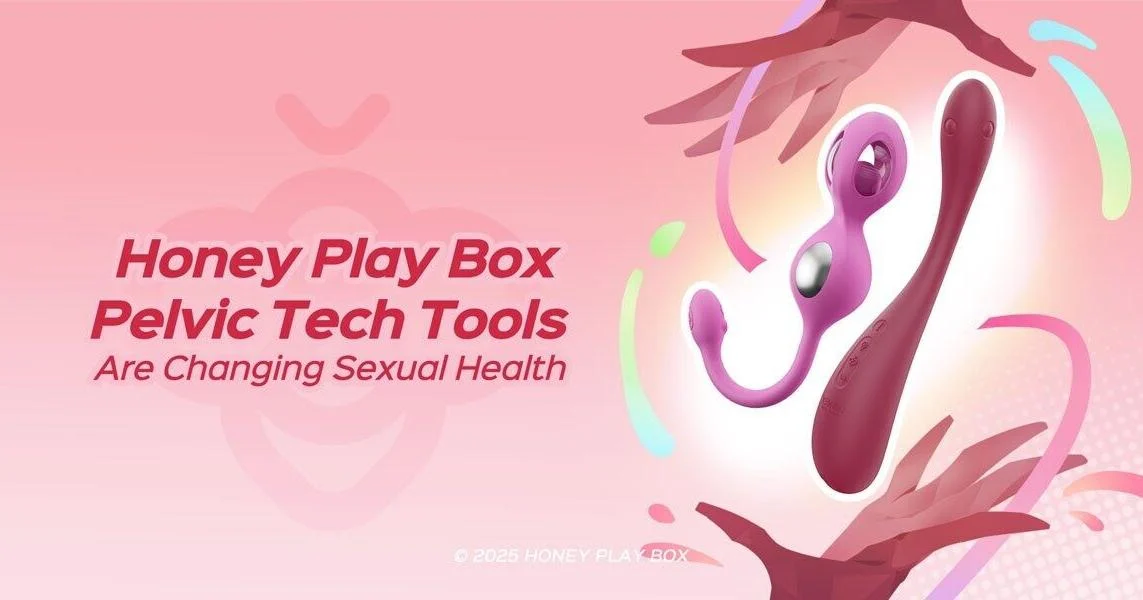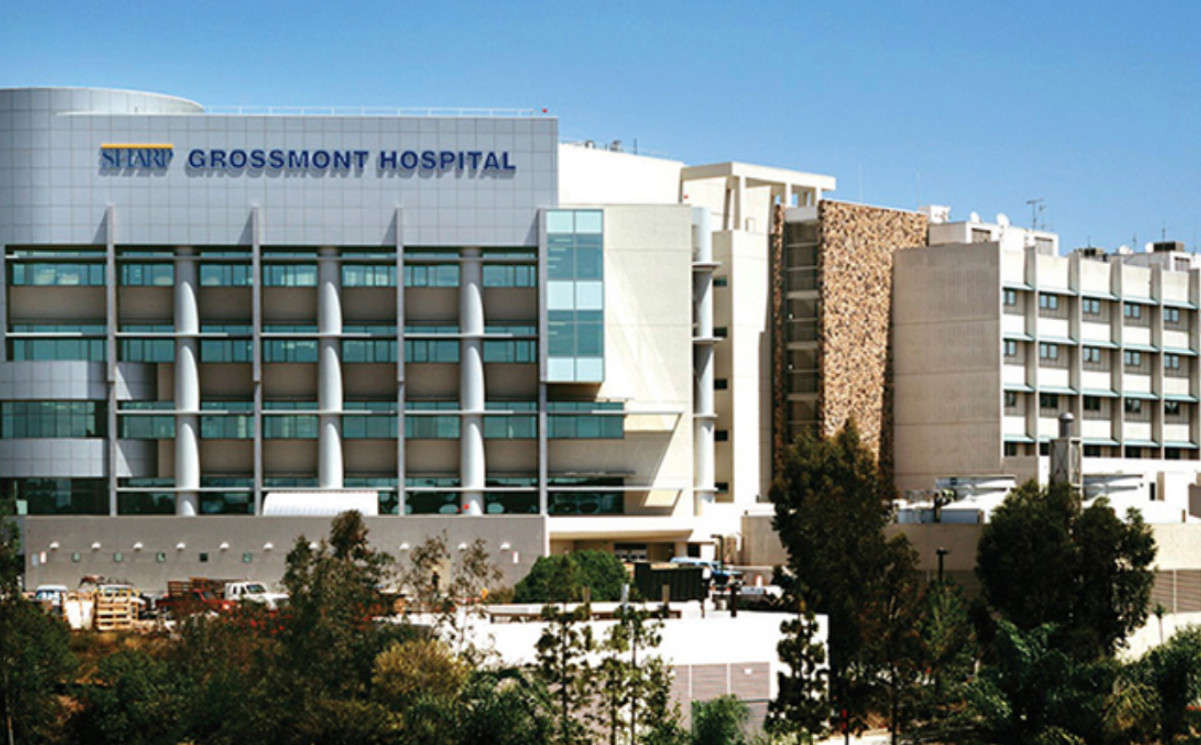By Cormac O’keeffe,Irishexaminer.com
Copyright irishexaminer

The cafes are being piloted in a number of locations — including Dublin, Cork, Limerick, and Waterford city — by the HSE and local community groups, with an intention to establish them nationwide.
They open in the evenings and at weekends with a strong emphasis on peer-support, by people with experience of mental health difficulties.
Researchers attached to the University of Limerick, along with the HSE, examined studies of crisis cafes across the world, including pilot projects in Ireland, which were set up in 2023.
“This review reveals that crisis cafes provide essential support during acute mental health crises,” it said.
Suicide prevention
The report comes just a week after the Department of Health published findings from a public consultation into suicide prevention.
It found people, staff and organisations affected by suicide agree that emergency departments are “dehumanising and retraumatising” for individuals in a suicide crisis.
These groups said an alternative 24/7 system — such as dedicated therapeutic crisis centres — is “essential” to provide a proper service to people in a mental health crisis.
The University of Limerick research, published in the Community Mental Health Journal, said the cafes generally do not provide the medical and health services of an ED and focus on psychological support.
It said the HSE views the cafes as “a supplementary service” to EDs rather than a direct replacement.
The research said there are limited evaluations of the crisis cafes, as they are new, but that the emerging evidence is positive.
“Service users report that crisis cafes play a crucial role in managing mental health crises, providing a safe and supportive environment that addresses their needs outside of traditional hours,” the report said.
It said people in a mental health crisis appreciate having a secure space where they can communicate freely, receive peer support and participate in various activities, with friendly staff.
The research found that accessibility, location and hours of operation are “significant” issues and that service users want “extended hours and daily availability”.
It said that these cafes have demonstrated the “effectiveness” of peer support, as individuals with experience on mental health issues are emphatic and knowledgeable.
The report said a “notable impact” of crisis cafés is the reduction in ED visits and mental-health police callouts.
The research was carried out by Louise Murphy and Owen Doody, both attached to the School of Nursing at University of Limerick and the college’s Health Research Institute, Neasa Ní Dhoibhilin of the HSE and David Bohan of Forum Connemara, Galway.



